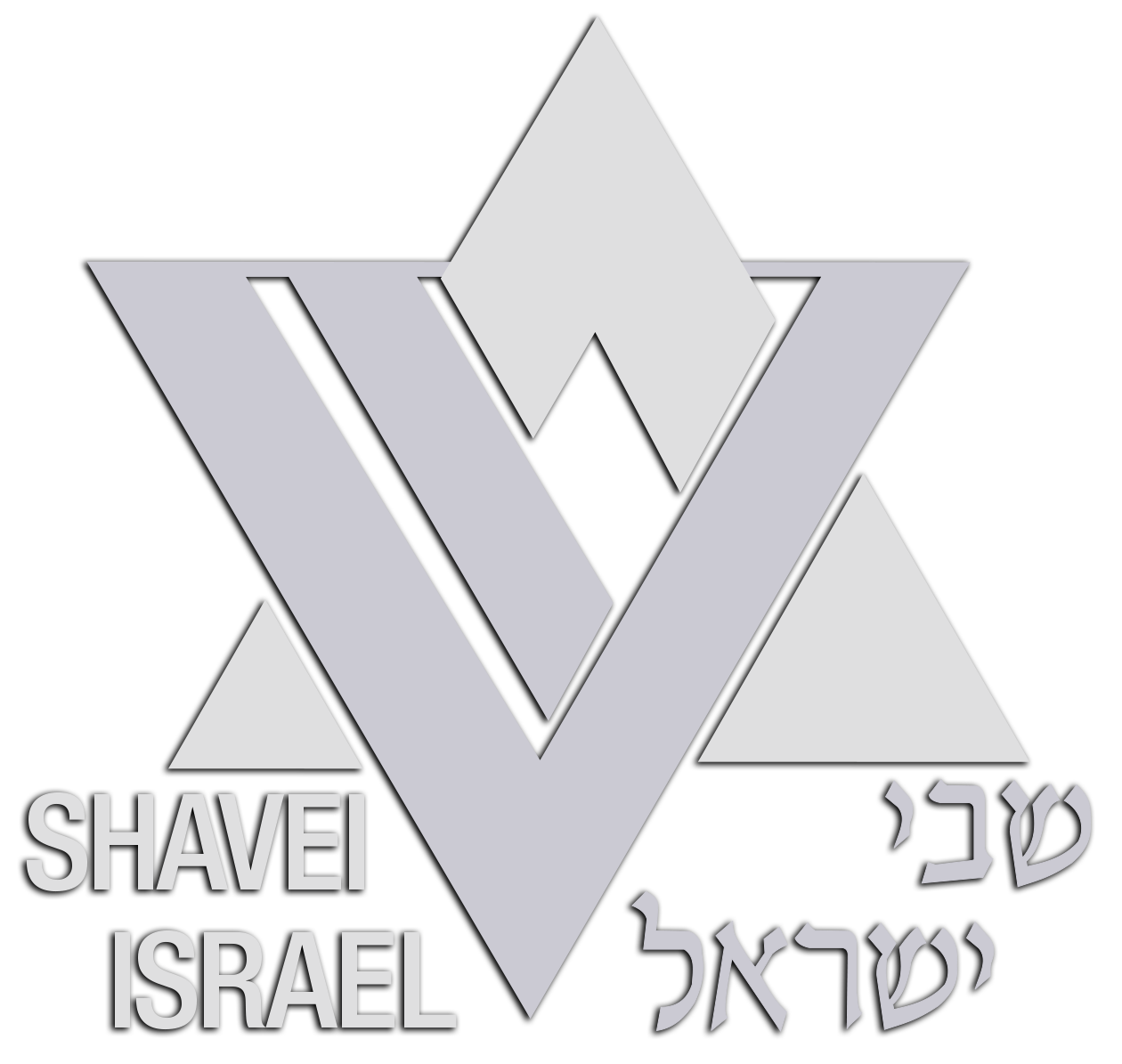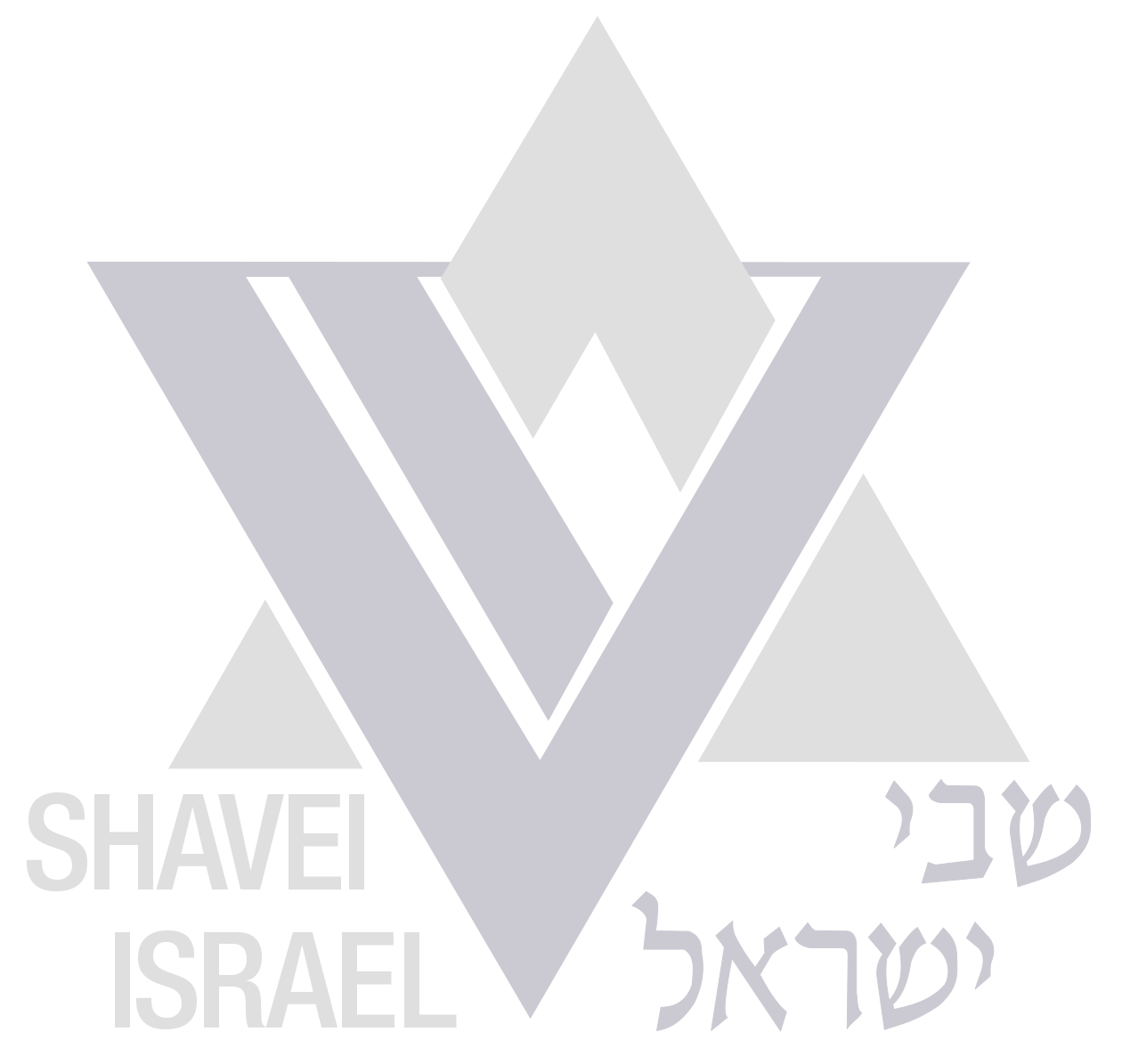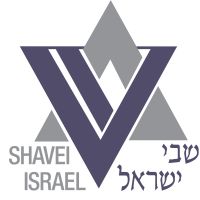
Parashat Bo
The 8th and 9th plagues occur. Before the 10th, death of the first born, the mitzvot of Korban Pesach and of Matza are given. The first-born die. The Jews are sent out of Egypt. Mitzvot are given to commemorate the momentous event of the Exodus from Egypt.
1st aliya (10:1-11) The eighth plague: locusts. Moshe and Aharon come to Paro: locusts will swarm, eating all vegetation left from the hail. They leave. Paro’s advisors warn him that Egypt is heading to destruction. Moshe and Aharon are brought back. Paro says: go and serve your G-d. Who is going? Moshe replies: young, old, men, women, animals. Paro refuses: only men. And sends them out.
The plagues have patterns. One pattern in these last plagues seems to be a reversal of creation. The order of creation was: day 1, light. Day 2, heavens. Day 3, land and vegetation. These last plagues reverse that pattern: plague 8, locusts eat and destroy the vegetation. They swarm from the sky. Plague 9, darkness, no light. As if the world of Egypt is unraveling back to chaos.
2nd aliya (10:12-23) The east wind brings in the locusts. They darken the earth, eating all vegetation. Paro quickly calls Moshe and Aharon: I have sinned to G-d your G-d. Pray to remove this death from me. Moshe does. The wind brings the locusts back to the sea. Paro does not send the people out. The 9th plague: 3 days of darkness. There is light for the Jews.
The plagues are educational. They are to teach fundamental principles of belief in G-d. Moshe states that to Paro in plagues 1, 4, and 7. So you may know that I am G-d. So you may know I am G-d in the midst of the land. So you may know that there is none as I. These are the 3 core ideas of belief in G-d that we say in the Shema – there is a G-d, He is ours (connected to this world) and He is One.
In addition, the plagues rise – from water (blood, frogs), to land (wild animals and their death) and to the sky (hail, locusts, darkness). He rules over all.
And they can be viewed as they impact our life. We know that there is a delicate balance needed to sustain life. As science advances, we become even more aware. We need water. Our bodies fight off illnesses that can be deadly. We need nutrition. A tip in the balance of nature brings natural disasters.
The plagues can be seen as if to say – this whole life of yours is a delicate balance. If it is off kilter, watch out. You are dependent on water – watch what happens when it is blood. The animal kingdom is a delicate balance of predators and hunted. Frogs gone wild wreak havoc. Lice have their function – unleashed make us miserable. Animals do not prey on people – when they do, chaos. Our bodies fight illness – disease and boils convey our vulnerability. Hail symbolizes the delicate balance of nature, that when upset can bring massive destruction. Our food is tenuous – locusts unleashed can bring life threatening famine. And darkness – light is simply indispensable for our functioning.
The plagues say to us – our world is a delicate balance – our individual life of water, food and illness, the animal kingdom and its wonderous balance, the natural world and its connectedness. All of this has to be just right for it all to work. And that is His Hand. His Hidden Hand calibrates all this so we don’t even notice this infinite complexity. We moderns know this increasingly every day, as science uncovers even more and more fascinating balances. The plagues hammer home our vulnerability and reliance on the Hidden Hand controlling it all.
3rd aliya (10:24-11:3) Paro calls Moshe: Go serve G-d, even your babies. Just leave the animals behind. Moshe replies: we need to take them – we don’t know what to offer until we get there. Paro: don’t ever see me again or you will die. G-d tells Moshe that after the next plague they will go free. And the Egyptians will equip the people with gold and silver.
Justice is a central theme of the Torah. The injustice of the slavery must be righted – hence the promise that the Egyptians will give gold and silver, a small righting of the wrong of the slavery.
4th aliya (11:4-12:20) Moshe tells Paro of the impending plague of the first-born. Your people will plead with us to leave. Moshe leaves angrily. G-d tells him that Paro will not listen. Moshe and Aharon are given the instructions for the Korban Pesach: on the 10th of the month take a lamb for the family, guard it until the 14th, the entire Jewish people shall offer it, consume it at night roasted with Matza and Maror, with your staff in your hand, shoes on your feet. Meanwhile I will smite all first born at midnight. This day and its celebration will be marked eternally. 7 days eat Matza; no chametz shall be eaten for 7 days.
Matza is to be eaten on the night of the exodus – before midnight. But I thought we eat Matza because of the haste of the exodus? That doesn’t happen til tomorrow. Rav Menachem Liebtag points out that the seder on the night of the exodus is an anti-Egypt dinner. Animals are sacred to Egypt – we roast one. And bread that rises is a proud Egyptian development. All bread in these parts is flatbread – pitas, laffa. Bread in fancy bread molds is Egyptian. The seder night in Egypt is a finger in the eye of Egypt. Your sacred animals? We’ll roast them. And your fancy Egyptian bread? Not impressed – pass me the Matza.
5th aliya (12:21-28) Moshe instructs the people in the Pesach offering, including marking their doors with its blood. You are not to leave your home on that night. This holiday will be observed forever; when you get to the land, observe it. Your children will ask you why; tell them because G-d passed over our homes. The people hearing these instructions bow and go and do exactly as G-d commanded Moshe and Aharon.
Imagine the faith necessary to follow these instructions. Ok, G-d has promised that the first-born Egyptians will be smitten on the 15th at midnight. And with that, we will go free. But for slaves to brazenly prepare to slaughter the sacred animals of Egypt and to roast it? It may not be cooked in water or in the oven – it must be roasted. Why must it be roasted on an open fire? I don’t know, I speculate, but, well, you can’t hide the smell of a barbecue. The whole neighborhood enjoys it. The Jews are commanded to celebrate, unashamed, on full display, burning what is sacred to the Egyptians, right in their faces – before they go free!
And to magnify the confidence, the faith, the assurance, know that you will observe this forever. Before the exodus happens, they are planning to celebrate it forever. That is confidence. Faith.
When Moshe instructs the people, they did exactly as G-d commanded. Wow.
6th aliya (12:29-51) At midnight, all the first-born in Egypt died. Paro calls Moshe and Aharon and orders them to leave to serve G-d. Quickly, so all of Egypt is not smitten. 600,000 adult men were amongst the Jews who left Egypt. The dough was baked as Matza as they could not wait for it to rise. The sojourn in Egypt was 430 years. G-d tells Moshe and Aharon the rules of the Pesach offering: only circumcised slaves, not employees, the whole people, don’t take it out of the home, one rule for all the people.
The Exodus from Egypt is a core belief: that G-d shapes Jewish history, with a Yad Chazaka and an outstretched arm. And since it is such a core belief, we have a bunch of mitzvot to keep reminding us of it. To get it to sink in. Because. Belief in an all-powerful G-d who Created the world is one thing. And Who gave us the Torah. But Who, in addition, is active in our history? That is hard to see. We live in a foggy world, where ebbs and flows of our history seem random. We had kings, then exile, then return. But then 2,000 years of exile, with far more moments where the belief in a G-d active in our history was, well, was very difficult. Challenging. Culminating in the darkest eclipse of them all in the Shoah. G-d’s Hand in history has too often, in fact most often, been obscured from our view. Where is He leading us, how is He guiding us? If belief in His Hand in history were easy, we wouldn’t need all these exodus from Egypt reminders. We have them because we need them.
But for us it is a bit different. We, the privileged generation, oh, how privileged, we, who have returned to our Land, we are truly privileged; because when we read of His Yad Hachazaka and His Zroa Netuya, His strong hand and outstretched arm – we can give a nod, yes, affirm, that He does guide our people, does intervene in our history. For us, He has made it easier.
7th aliya (13:1-16) G-d commands: all first-born people and animals of the Jewish people shall be holy to Me. Moshe tells the people: remember this day, for on it, G-d took you out of slavery with a strong Hand. When you come to the land of Israel, observe this: eat matza 7 days, rid the house of chametz, tell your children that it is for this that G-d took us out of Egypt. And bind them as a sign on your arm and remembrance between your eyes. Every first-born animal is a dedicated offering. When your child asks what is this, tell them that G-d took us out of Egypt. Bind this as a sign on your hand and a guide between your eyes, as G-d took us out with a strong hand.
The story of the Exodus Mitzvot, including binding tefilin on our hand, our weaker arm, for He has the strong arm, and on our heads – these mitzvot work. The story of the Exodus from Egypt is easily the most familiar story of the Torah. Mitzvah reminders work.
Written by: Rabbi Reuven Tradburks, Director of Machon Milton










